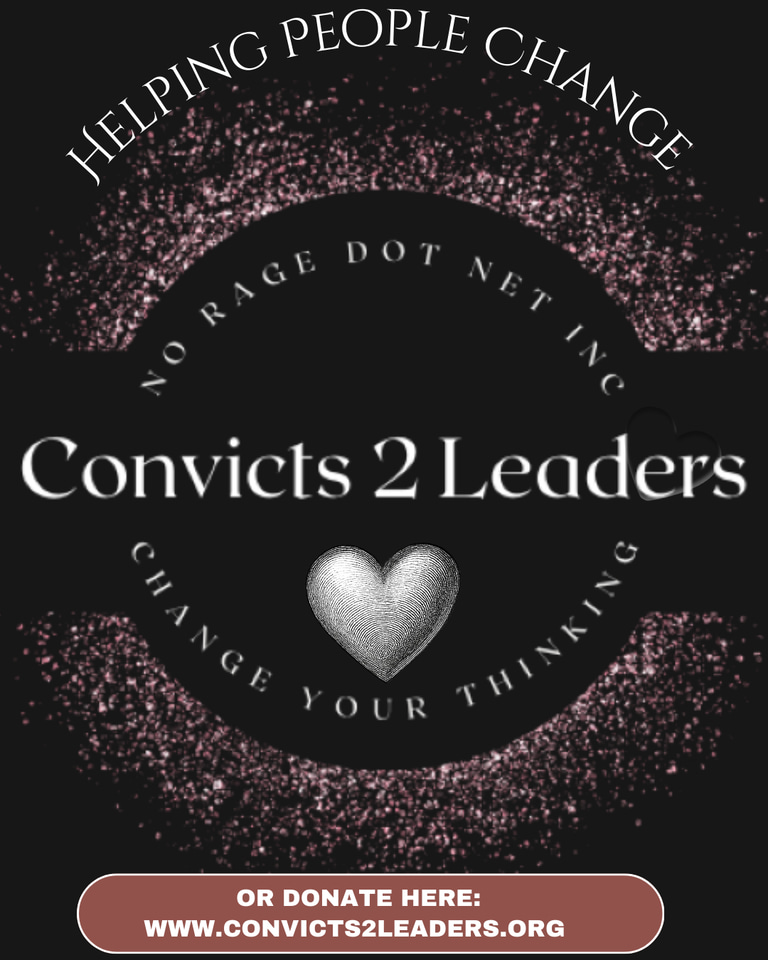NO RAGE DOT NET INC
The Power of Anger: Transforming Emotion into Action
Hollister George III, CATC II, CAMS I, CDVS I
3/29/20242 min read


The Power of Anger
Anger is a complex and powerful emotion that we all experience at some point in our lives. It is a natural response to feeling threatened, violated, or vulnerable. While many people view anger as a negative emotion, it is important to understand that anger itself is not inherently bad.
The Role of Reaction
Often, it is not anger itself that causes problems in our lives, but rather how we choose to react to it. Our response to anger is what can lead to negative consequences. However, it is essential to recognize that anger can be both positive and negative, depending on how we channel it.
The Catalyst for Change
It is worth noting that throughout history and society, significant changes have often been driven by anger. When harnessed constructively, anger can be a catalyst for positive transformation. It can motivate individuals and communities to stand up against injustice, fight for their rights, and bring about meaningful change.
Consider the civil rights movement, where anger at racial discrimination fueled a powerful movement for equality. The anger felt by those who were marginalized and oppressed led to protests, demonstrations, and ultimately, significant social progress.
Similarly, anger can serve as a personal motivator for self-improvement. When we feel frustrated or dissatisfied with certain aspects of our lives, anger can push us to make positive changes. It can inspire us to set boundaries, seek justice, and strive for personal growth.
Managing Anger
While anger can be a force for good, it is crucial to learn how to manage and express it in a healthy way. Uncontrolled anger can have detrimental effects on our relationships, mental health, and overall well-being.
One effective strategy for managing anger is practicing self-awareness. Recognizing the signs of anger, such as increased heart rate, tense muscles, or racing thoughts, allows us to take a step back and assess the situation before reacting impulsively.
Additionally, finding healthy outlets for anger can be beneficial. Engaging in physical activity, such as exercise or sports, can help release pent-up energy and reduce feelings of anger. Talking to a trusted friend or therapist can also provide a safe space to express and process emotions.
Furthermore, cultivating empathy and understanding can help diffuse anger in challenging situations. Taking a moment to consider the perspective of others and practicing active listening can lead to more constructive conversations and resolutions.
Conclusion
Anger is a powerful emotion that, when channeled appropriately, can lead to positive change and personal growth. It is essential to recognize that anger itself is not inherently good or bad; it is our reaction to it that determines its impact. By managing anger effectively and using it as a catalyst for positive action, we can navigate through life's challenges and create a better world for ourselves and others.
